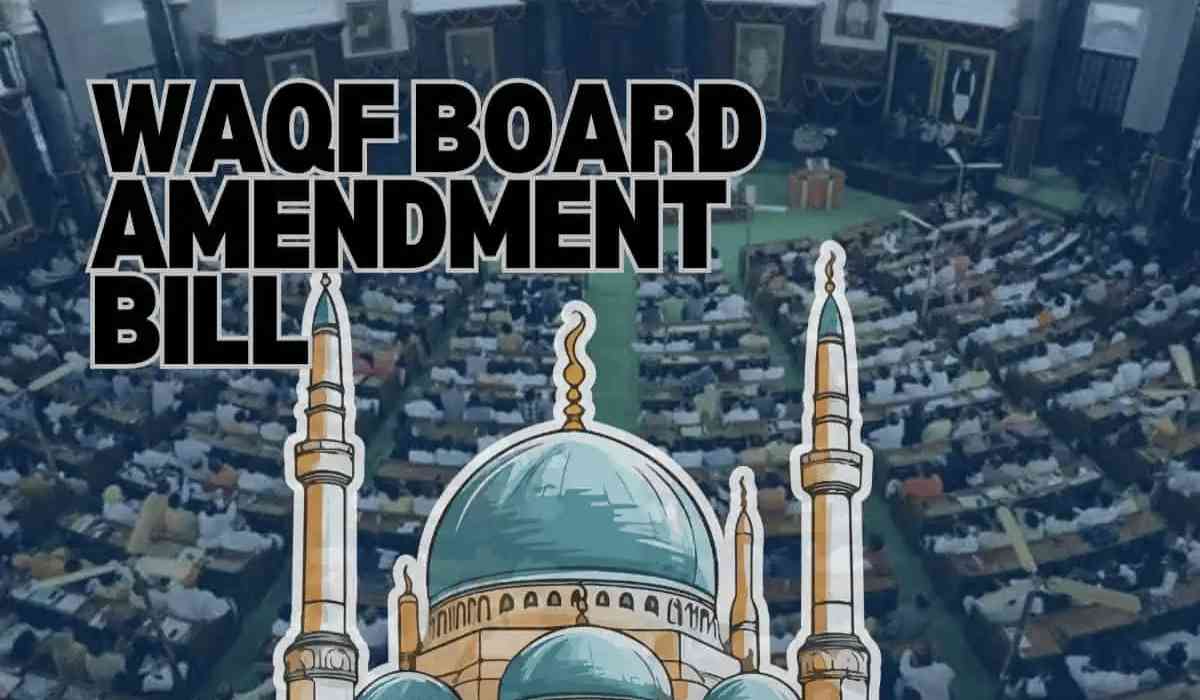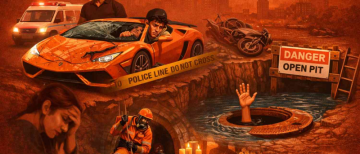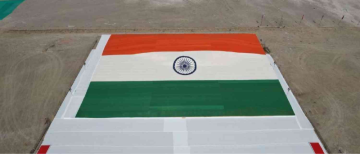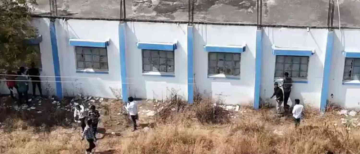The Supreme Court of India is currently hearing a batch of petitions challenging the Waqf (Amendment) Act, 2025, which was enacted into law just a month ago. The petitions, filed by prominent political leaders, civil rights organizations, and religious bodies, question the constitutionality and intent of the amendments made to the Waqf Act, 1995. The Chief Justice of India (CJI) BR Gavai, presiding over the bench, emphasized the judiciary’s limited role unless a glaring constitutional issue is demonstrated.
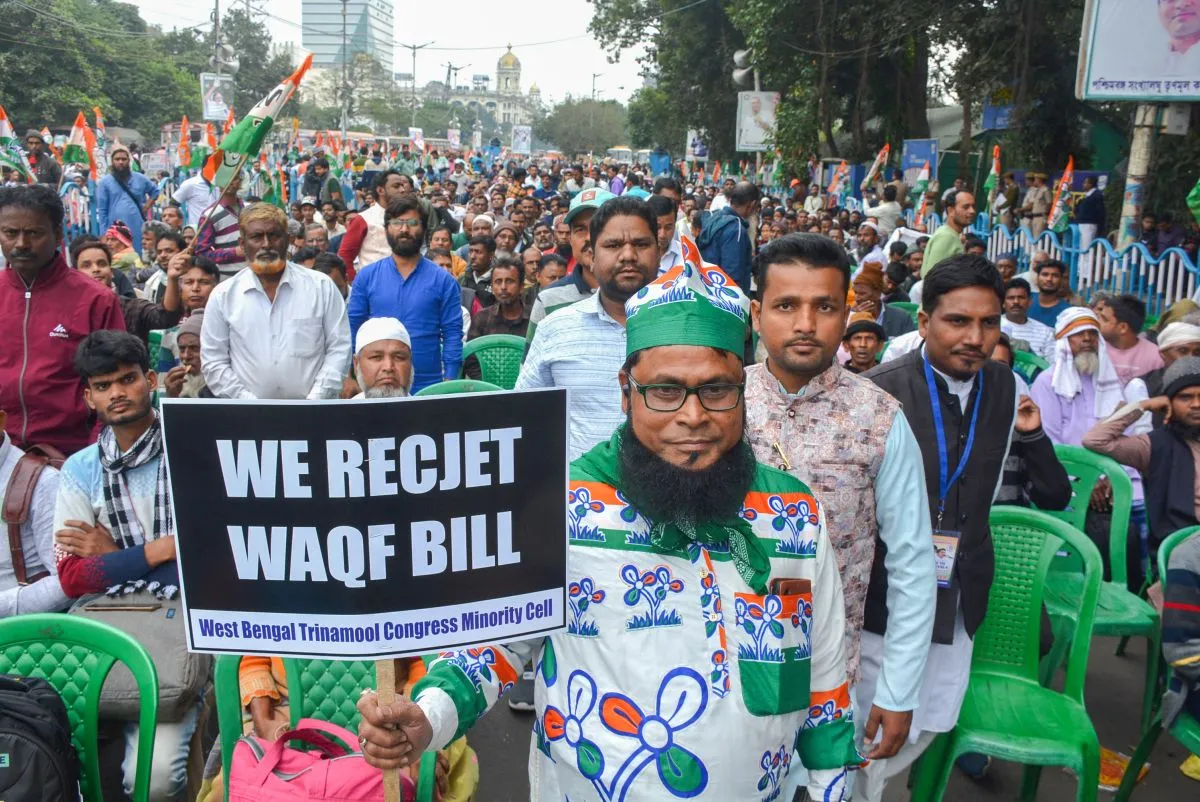
Background: What Is the Waqf Amendment Act, 2025?
The Waqf Act, originally passed in 1995, governs the administration of Muslim charitable endowments—referred to as Waqf properties—across India. On August 8, 2024, the Indian government introduced two significant legislative proposals in the Lok Sabha:
-
The Waqf (Amendment) Bill, 2024
-
The Mussalman Wakf (Repeal) Bill, 2024
These aimed to streamline Waqf Board operations and improve management practices. After an intense 12-hour parliamentary debate, the Waqf Amendment Bill was passed with 288 votes in favour and 232 against. It later received Presidential assent from Droupadi Murmu, officially becoming the Waqf (Amendment) Act, 2025.
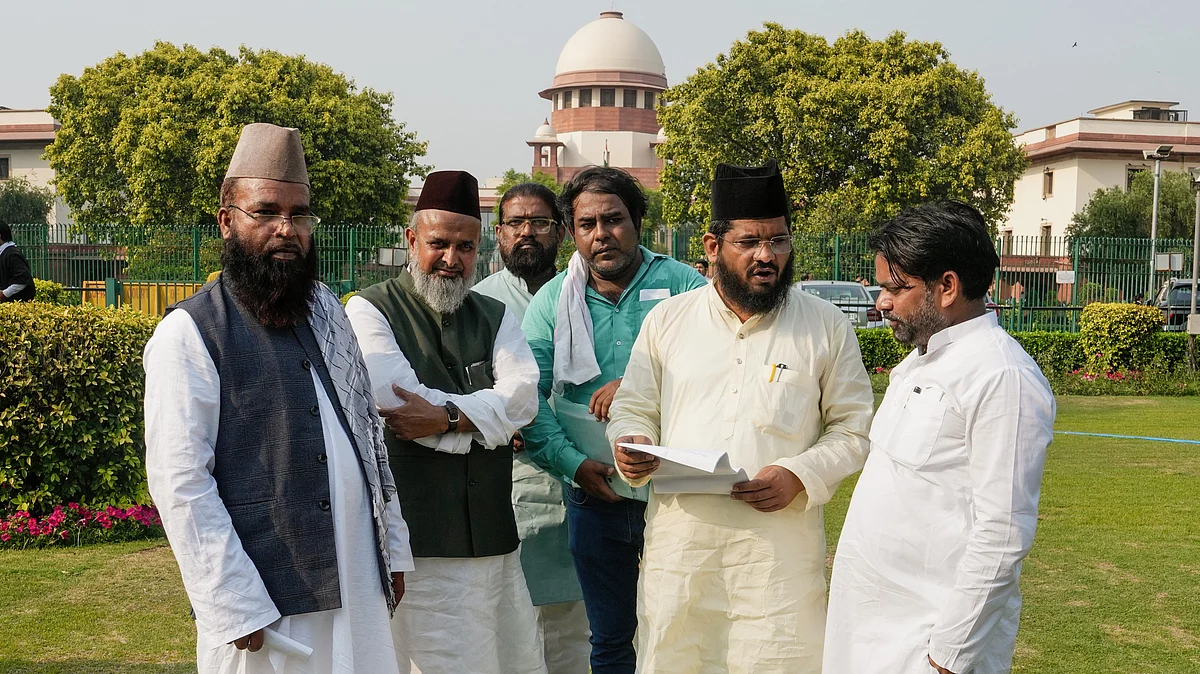
Supreme Court Proceedings: Key Judicial Observations
- Presumption of Constitutionality
During the recent hearing, CJI BR Gavai underscored a foundational legal principle:
“There is a presumption of Constitutionality in legislation passed by Parliament. Courts cannot interfere unless a glaring case is made out, especially in the current scenario, we don’t need to say more.”
This statement reinforced the judiciary's restrained stance on intervening with parliamentary laws unless a clear and serious constitutional violation is proven.
- Focused Issues vs. Broader Allegations
Earlier, the Supreme Court had narrowed the scope of the challenge to three critical issues:
-
Waqf by user – where land becomes Waqf based on religious usage.
-
Nomination of non-Muslims to Waqf Councils and State Waqf Boards.
-
Identification of government land as Waqf property.
The Central Government, represented by Solicitor General Tushar Mehta, had submitted its response on these three matters and assured the court that no action would be taken on them until the final verdict.
However, Solicitor General Mehta raised concerns during the hearing:
“The written submissions of the petitioners now extend to several other issues. My request is to confine it to the three issues only.”
This led to strong opposition from senior advocates Kapil Sibal and Abhishek Manu Singhvi, who argued for a comprehensive hearing. Singhvi stated:
“There cannot be a ‘piecemeal hearing.’ The matter must be examined in its full context.”
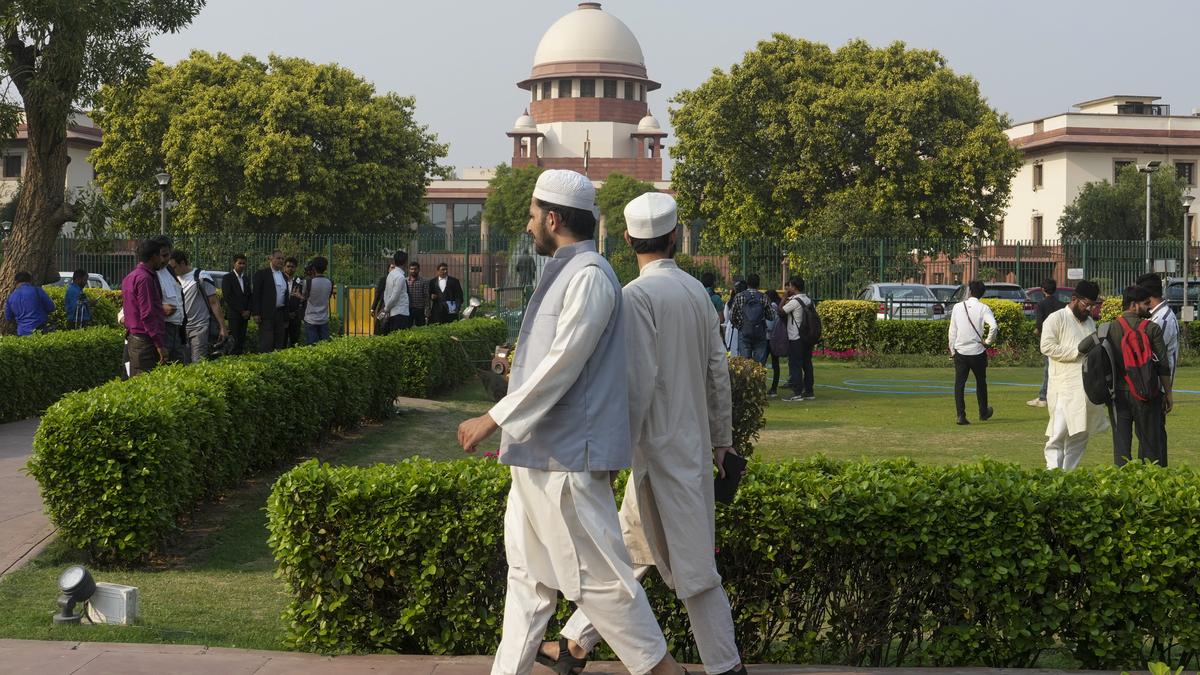
Key Arguments by Petitioners
- Waqf Properties at Risk of Arbitrary Seizure
Senior advocate Kapil Sibal criticized the law's intent and implementation mechanisms, arguing:
“The law is designed in such a way that Waqf property is taken away without following any process.”
He raised concerns about a clause that empowers village panchayats or private individuals to contest Waqf status. If challenged, a government officer would decide the matter—acting as “a judge in his own cause” without proper oversight.
- Restriction on Who Can Create Waqf
A particularly contentious provision is the requirement that only individuals who have practiced Islam for at least five years can create a Waqf. Sibal remarked:
“If I am on my deathbed and I want to make a Waqf, I have to prove that I have been a practising Muslim. This is unconstitutional.”
- Misconception About Ownership of Waqf Properties
Sibal emphasized that Waqf properties are private properties donated by individuals, not state-owned assets:
“Waqf is about my property. It is only a property owned by someone and it cannot be of the State. Now that very property is taken away.”
- Funding Disparity: Mosques vs. Temples
Highlighting socio-religious disparities, Sibal noted that mosques do not receive public donations like temples and are not financially supported by the government:
“There is no chadhava like in temples. Mosques and graveyards do not have Rs 2000–Rs 3000 crore corpus.”
When CJI Gavai pointed out that some dargahs receive government grants, Sibal clarified:
“I was talking about mosques.”
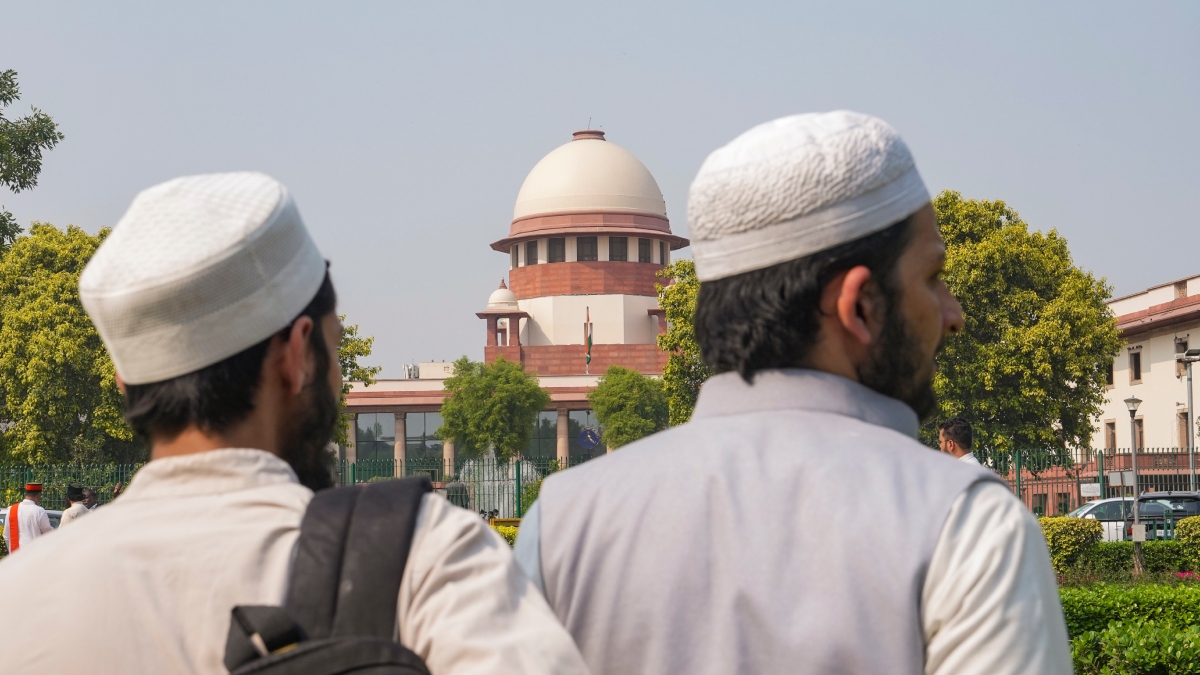
Who Are the Petitioners?
The challenge to the Waqf (Amendment) Act, 2025, has drawn wide participation from across the political and religious spectrum. Among the petitioners are:
-
AIMIM MP Asaduddin Owaisi
-
Congress MP Md Jawed
-
RJD MP Manoj Kumar Jha
-
TMC MP Mahua Moitra
-
Delhi MLA Amanatullah Khan
-
SP MP Zia Ur Rehman
-
Tamil actor and TVK President Vijay
Religious and civil rights groups involved include:
-
All India Muslim Personal Law Board
-
Jamiat Ulema-i-Hind
-
Association for Protection of Civil Rights
Political parties that have voiced support for the petitioners include:
-
DMK
-
Indian Union Muslim League
-
YSR Congress Party
-
Communist Party of India (CPI)
States Supporting the Act
Conversely, several states have expressed support for the amended law. These include:
-
Rajasthan
-
Gujarat
-
Haryana
-
Maharashtra
-
Assam
-
Uttarakhand
-
Chhattisgarh
Additionally, the Central Government filed a caveat, requesting the court to allow it to be heard before any interim relief is granted.
The Supreme Court’s deliberation on the Waqf (Amendment) Act, 2025 is a crucial legal moment that will define the contours of religious rights, property ownership, and state intervention in India. While the CJI reaffirms the presumption of constitutionality, petitioners argue the law undermines religious freedoms and due process. As the hearings continue, the court’s verdict will likely set a precedent for the treatment of religious endowments in a secular democratic framework.
With inputs from agencies
Image Source: Multiple agencies
© Copyright 2025. All Rights Reserved Powered by Vygr Media.

